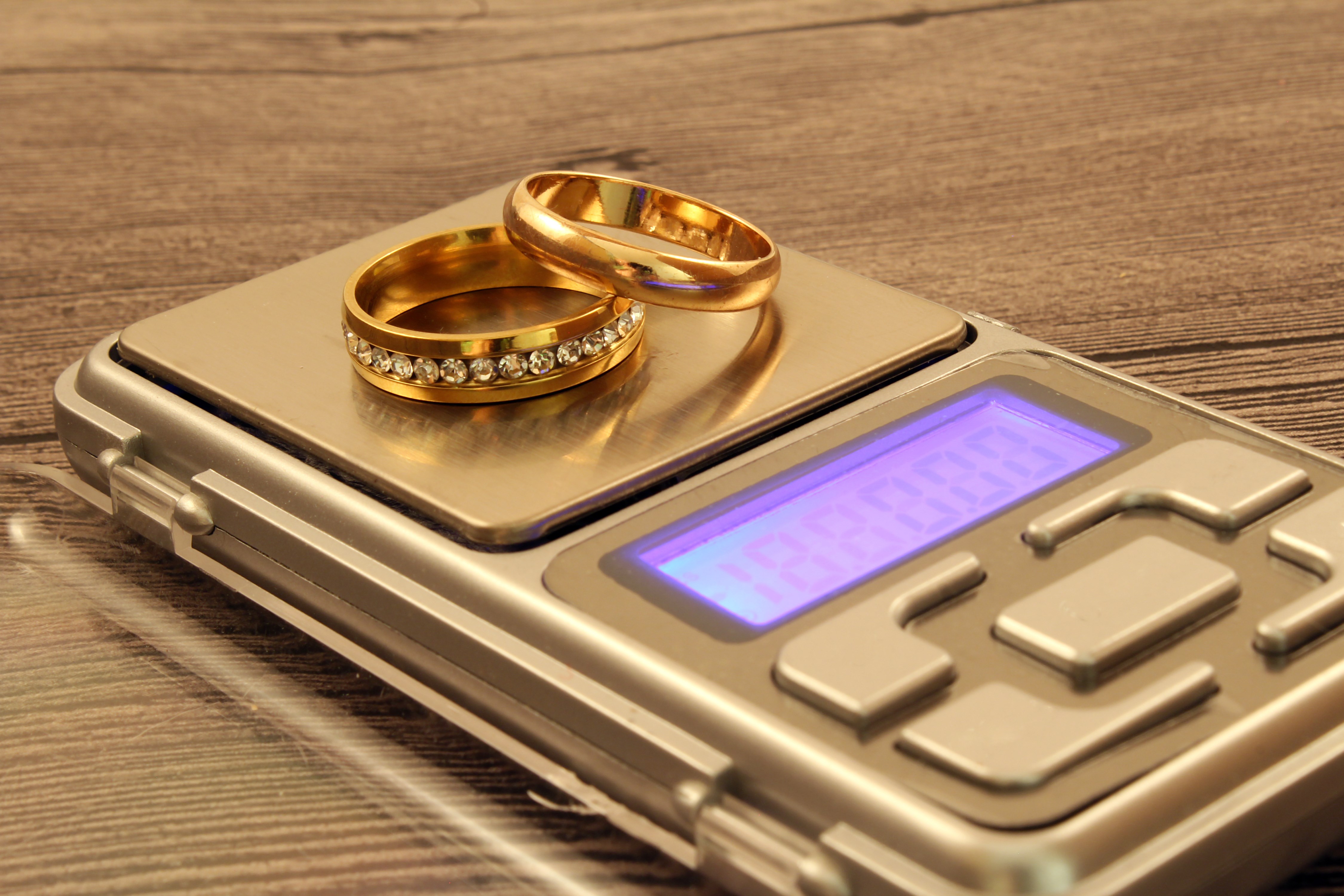Your Final 10 Nights for Gaza – Automate your charity in the blessed last 10 nights of Ramadan.
Schedule your donationsYour Final 10 Nights for Gaza – Automate your charity in the blessed last 10 nights of Ramadan.
Schedule your donationsYour Final 10 Nights for Gaza – Automate your charity in the blessed last 10 nights of Ramadan.
Schedule your donationsYour Final 10 Nights for Gaza – Automate your charity in the blessed last 10 nights of Ramadan.
Schedule your donations15th May 2019
Zakat is mentioned in 30 verses of the Quran, Allah says:


Here we offer you a summary of issues and frequently asked questions relating to the fifth pillar of Islam; Zakat. Use our Zakat calculator to work out what you owe, and purify your wealth through our Zakat-applicable projects. Check the Gift Aid box at checkout, and your charity will be 100% admin-fee free.
Zakat is a compulsory act of worship that requires a Muslim who owns wealth equal to or above the Nisab (pre-defined threshold) to donate approx 2.5% of their wealth to eligible recipients.
Once a person reaches the Nisab and a lunar year (hawl) has passed by, then Zakat is due immediately.
If you are unable to recall the date you first became owner of the Nisab, then the date should be estimated. If for some reason this is not possible, then select a specific Islamic date arbitrarily and observed this date to pay annually. It will be easier to adhere to this is often referred to as your Zakat due date.
The Nisab threshold which obligates the payment of Zakat will be based on the current price of 612 grams of silver (as discussed above). This can be calculated by visiting silverprice.org and taking the most up to date valuation. As of 17 May 2016, this amount equates to approx. £235.00. Therefore if your Zakatable assets exceed this amount you are eligible to pay Zakat if the amount stays above this by the end of one lunar year.
In some cases one’s Zakatable wealth may dip below the Nisab throughout the year. In such cases of uncertainty, it is preferable for one to take the value of one’s Zakatable assets at the beginning and end of the Sawl (lunar year). If both values were above the Nisab then Zakat would be due.
Many scholars prefer that one should pay Zakat based on silver (the lower value).
This is due to a greater number of people fulfilling Zakat and hence being more beneficial to the poor and needy. However, if your only asset is gold, then the gold Nisab figure has to be used.
The preferable option is to distribute Zakat locally. Alternatively, one may give Zakat to one of the 8 categories defined in the Qur’an anywhere in the world if they feel there is a particular benefit (maslahah) and their contribution would be more beneficial (e.g. recipients in extreme poverty, insufficient local donations, increased demand due to natural disasters etc.).
If one has missed Zakat payments over the years, then one must make a calculated estimate of the Zakat missed for each year and discharge it accordingly. These payments are still binding on him even if many years have passed by and whether or not he knew they were obligatory.
There is a difference of opinion on whether Zakat is due on gold/silver which is for personal use. Many scholars and some Sahabiyyat including ‘A’isha hold that Zakat is not due on these items on the premise that is a personal item and hence would fall under items that are not Zakatable.
The Hanafis, on the other hand hold this type of jewellery to be Zakatable. This is also the opinion of Sa’id ibn al-Jubayr and Sa’eed ibn al-Musayyib. For more information, we advise you to please consult your local scholar or follow your madhab’s ruling.
It is advised that you visit a local jeweller and ask them to value the gold and silver of your jewellery.
The scholars differentiate between a debt in which one is confident of repayment and one which is not. If the creditor is confident the debtor will pay when he is asked due to having the financial ability, then the creditor must include this in Zakat payment. If however, the debtor is struggling and one is not confident he can pay when requested to, then this amount does not have to be calculated as part of Zakat.
Please see our Zakat calculator page for a list of Zakatable assets.
Below is a list of assets which one does not have to pay Zakat for:
· The property one is residing in e.g. personal home
· Car owned for personal use
· The debts one is owed (where not confident of payment )
· Jewellery not containing gold or silver (e.g. diamonds, precious stones etc.)
· Furniture and household goods for use (not for trade)